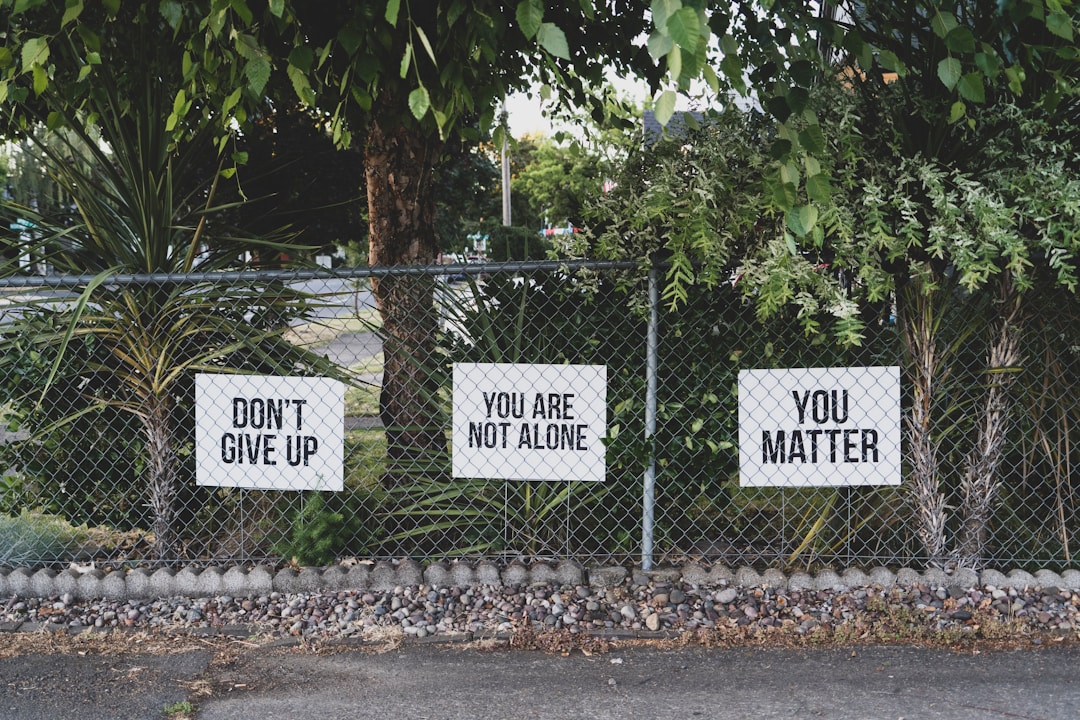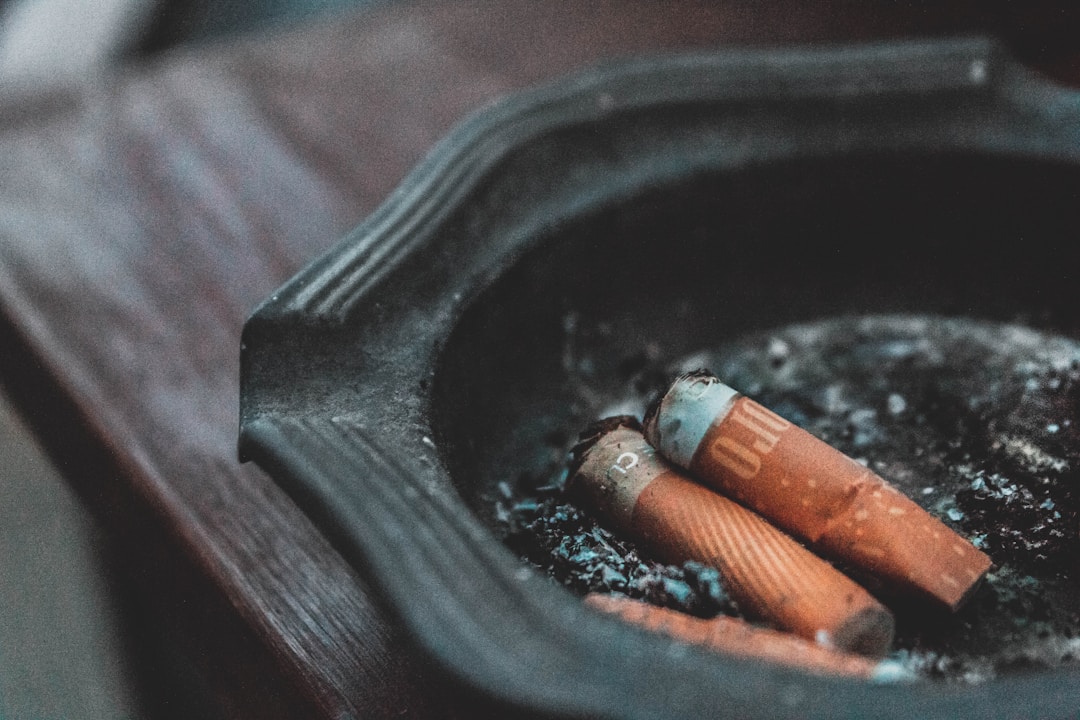2020 was undoubtedly tough for everyone. Between the Covid-19 socializing restrictions and the working from home––if working was still a feasible option––people have felt more isolated than ever before. However, whilst most adults silently struggle but rise to the challenge, recent times have been particularly difficult for younger citizens of the United States.
For adolescents, trying to navigate the coronavirus outbreak has been especially more challenging due to school closures and a suspension of so many recreational activities. If left unchecked during their particularly vulnerable years, a teenager’s behavior could become erratic and self-destructive through vices such as smoking, alcohol use, or in some cases, substance abuse leading to drug addiction.
Worst Case Scenario––Drug Use, Drug Abuse, and Professional Help

With many Americans admitting that they have tried recreational drugs at least once during their formative years, for most adolescents, drug use tends to be a minor––and isolated––incident. Experimentation with controlled substances or prescription drugs is usually part of “growing up.” However, with the lack of distractions thrown into the last year, boredom for some teenagers can mean that the drug use is continuing past experimentation and into an addiction. Whilst the type of narcotics involved is a major health risk, it has little to do with the reasons behind teen drug use, and as such, should not be the main focus of a drug problem.
The first step to helping a troubled teen with a drug problem is to recognize that they need compassionate help, instead of punishment. As there is a stigma around substance use, there is likely to be a level of deception and guilt for the young adult using them. Ultimately, the hold of an addiction is stronger than any punitive measure, so remember that the best way forward is positive and therapeutic.
If you think your teen is using drugs but aren’t completely sure, then At Medica have created a list of tell-tale signs in your child’s behavior that can affirm your suspicions, and what to do if they are confirmed. You should never accuse anyone of drug use without good reason, and in addition to professional help, you will need to provide good reason to stop.
Gateway Drugs and Where They Lead

It’s rare that a teen will immediately turn to harder drugs from smaller, less effective substances. The space between experimentation and drug addiction is inhabited by two factors––reasons why and gateway substances.
The latter (gateway substances) may not be illegal. In fact, a couple of the most widespread gateway drugs are legal for adults in the U.S.: cigarettes and alcohol. Obviously, not all smokers go on to take drugs, but there are fewer nonsmokers who partake in recreational drug use than those who also have a nicotine addiction. From the other angle, smoking and drinking, though more mainstream and easier to resource, should never be an alternative to a teen’s drug use.
There are alternative healthy habits for quitting tobacco that can involve using other natural substances, however. If you suspect that your teen is smoking or drinking, then be wary of where that can lead, and speak to a physician for healthy ways to break the substance use.
Nipping It in the Bud

Despite the coronavirus, there are still plenty of schemes to help troubled teams get back on track going on. Often, these will involve sports or recreational activities with a competitive edge. However, with social distancing, many sports including football, basketball and hockey have been forced to stop for the time being.
For years, outdoor-based activities have been the most popular of recreation for teens, and there are still many healthy options to choose from that fall within the CDC guidelines on Covid-19 behaviors. Running, athletics, gymnastics, dancing and swimming (in private pools) are still great ways for your teen to be distracted from boredom and to also stay clear of experimenting with drugs leading to substance abuse.
Leave a Reply